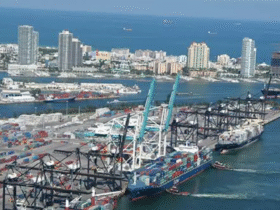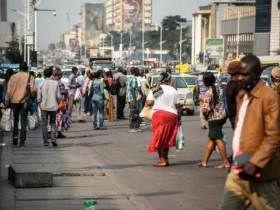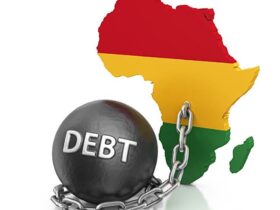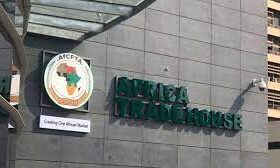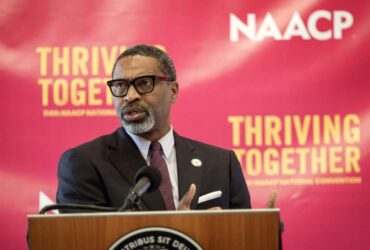How Feasible is a Unified Trade Currency in Africa?
- 2:25 pm
- April 13, 2024
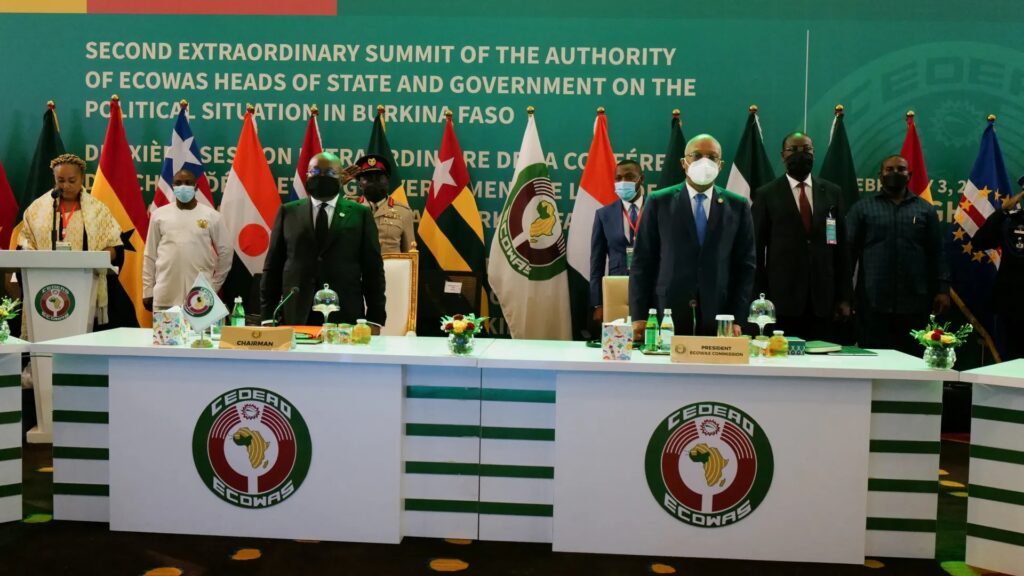

LATEST POSTS
To reduce the hurdles of conducting business within the continent and boost overall trade, the Economic Community of West African States (ECOWAS) has been pursuing a single unified currency agenda, the “Eco,” since the early 2000s.
Although this has been met with challenges such as the COVID-19 pandemic and global inflation that have delayed the introduction of the new currency, many decision-makers are on deck to move forward, with the implementation date now tentatively scheduled for 2027.
Despite the hopefulness of successfully executing the plan by 2027, this still begs the question: “How feasible is a unified trade currency in Africa?”
The Eco
The vision for a unified African currency can be traced back to 1983. Its execution, however, started in 2000, when the euro was successfully introduced. This development led to the formation of the West African Monetary Zone (WAMZ), a group of six countries formed within ECOWAS to plan a common currency.
The “Eco” was originally scheduled to launch in 2003, however, this was pushed back to 2005, 2010, and 2015 due to the international economic crisis. The plan was to merge the Eco with the CFA franc as soon as the Eco was introduced. And have a fully integrated Eco by 2020.
Challenges facing the Eco currency
The vision of a unified trade currency in Africa holds immense promise, yet within the Economic Community of West African States (ECOWAS), significant hurdles stand in the way of uniting 15 diverse nations under a common monetary system.
While many opinions point to the advantages of having a unified trade currency in Africa, many challenges, like disparities in economic development, variations in population, and economic structures, were also identified.
Within the ECOWAS bloc, distinctions in economic prosperity are stark, with six member states classified as middle-income countries and others classified as low-income nations.
Population dynamics within the region mirror its economic asymmetry, with Nigeria, Ghana, and Côte d’Ivoire collectively constituting a substantial portion of ECOWAS’s populace. Conversely, smaller member states account for a fraction of the total population, highlighting the uneven demographic distribution.
Also, the Union Économique et Monétaire Ouest-Africaine (UEMOA) establishes four main requirements for a nation to be eligible for the Eco to facilitate a seamless currency transition:
- A single-digit inflation rate at the end of each year
- A fiscal deficit of no more than 4% of the country’s GDP
- A central bank deficit financing of no more than 10% of the previous year’s tax revenues
- Three months of reserves to cover imports
These requirements hinder the currency implementation, as ECOWAS members find it difficult to fulfil. So far, only Ghana has been able to fulfil the requirement.
Why is there a need for a unified trade currency?
To this end, Gerald Ekow Woode, a lead research fellow at the Ghana International Trade & Finance Conference (GITFiC), said, “West Africa needs a single currency to protect itself against global shocks; achieve deeper economic integration, a degree of flexibility, flexible exchange rates; and resolve conflicts to ensure stability.”
In relation to the African Continental Free Trade Area (AfCFTA), he said that the creation of a unified currency is essential to the successful implementation of the AfCFTA. He said: “With the introduction of the single currency, these nations will have the possibility to resolve their myriad monetary problems.
The single currency is an opportunity for West African countries and Africa as a whole to pool their monetary resources, which is a prerequisite for pursuing their individual and collective monetary goals in the current international context.”.
Benefits of the “Eco” currency
The idea of having a unified currency in Africa has enormous political and economic potential, and if properly implemented, it may change the narrative of African economic growth.
Economically, experts believe implementing ”Eco” is essential to economic growth. This was asserted in an article by the African Development Bank Group (AFDB). It says, “The member countries of ECOWAS have serious externally induced monetary problems that no country alone can resolve.”
From a political standpoint, “Eco” may signify a significant change in Africa. It also led to the push for the 2020 bill, which stipulates that nations using the CFA franc will no longer be required to retain half of their deposits in the French Treasury.
Nonetheless, France continues to function as a guarantor of the currency because it maintains a fixed exchange rate with the euro (1 euro = 655.96 CFA francs). This reliance will probably stop thanks to “Eco,” which will let the ECOWAS countries function freely.
According to the 2021 report by the International Monetary Fund, having a unified trade currency in Africa comes with myriad potential benefits. Firstly, this may strengthen the region’s trade and investment flows, add more discipline to member nations’ macroeconomic and structural policies, and strengthen stability against outside shocks. Secondly, the impact of unanticipated events on the continent might be lessened with a currency union and a powerful central bank.
Additionally, the current inflation rate may act as a stabilizing force for inflation expectations in the region and a driving force for advantageous labour and product market changes. Also, fiscal policies can be subject to external discipline through a currency union.
Opinions
According to an article, the “Eco” may take a long time and encounter many obstacles, but if the plan is implemented as planned, Africa will be the recipient of a new currency in 2027 that may eventually expand throughout the continent. However, the eco is still a distant dream for many.
Some economists, on the other hand, argue that economies must stabilize before the idea of a common currency can be entertained, since they are doubtful that it is the necessary solution. Also, a report from DW asserts that “ECOWAS could achieve greater trade and financial integration, with or without a currency union.”
Some claim that the project is in danger and that Nigeria and Ghana’s adoption of their CBDCs shows a lack of confidence in the environment.
READ ALSO: Who Invests in Africa? Meet Africa’s Top Investors
Other News




